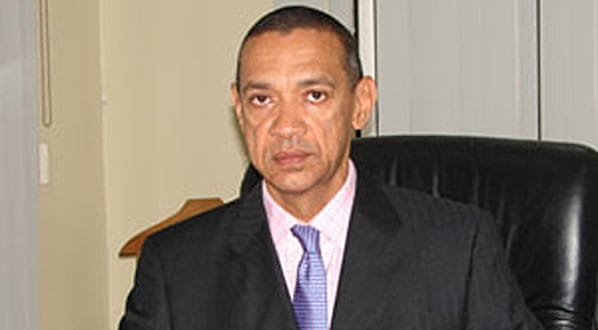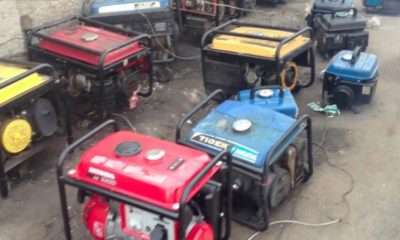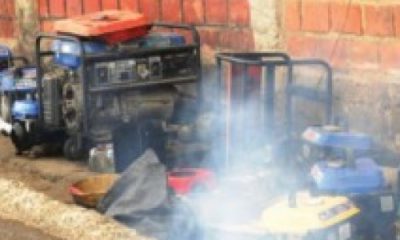Nigeria News
As National Grid Collapses, See Options You Can Use To Generate Light
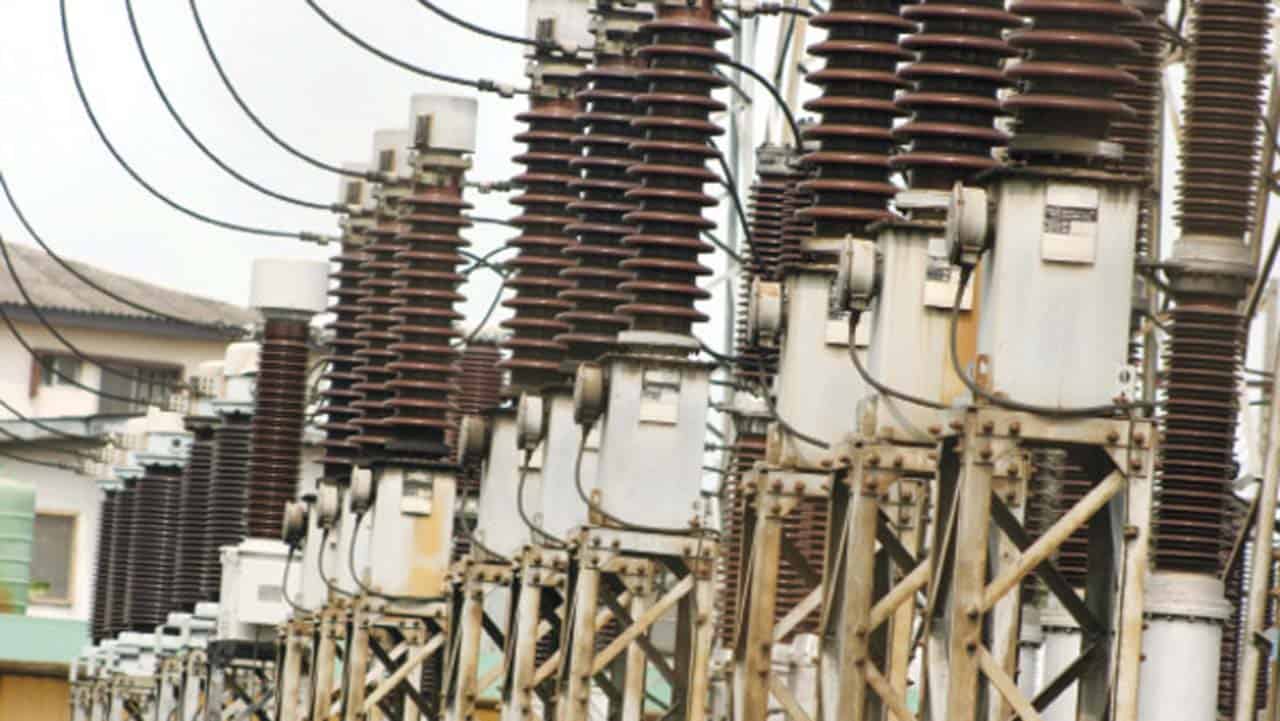
Again, Nigerians will have to endure another blackout after the national electricity grid collapsed for the third time in less than a month.
Electricity Distribution Companies (Discos) had in a statement released on Friday evening confirmed that the national grid is down again.
Although the collapse of the National electricity grid has become a constant national embarrassment, there are other alternative sources of electricity Nigerians can fall back on during this period of blackout.
These are Solar energy, inverter and generator.
Solar Energy

Solar technologies convert sunlight into electrical energy either through photovoltaic (PV) panels or through mirrors that concentrate solar radiation.
How Solar Energy works?
When the sun shines onto a solar panel, energy from the sunlight is absorbed by the PV cells in the panel. This energy creates electrical charges that move in response to an internal electrical field in the cell, causing electricity to flow.
Solar energy is cheap and ranges from 30,000 naira to 150,000naira.
Inverter
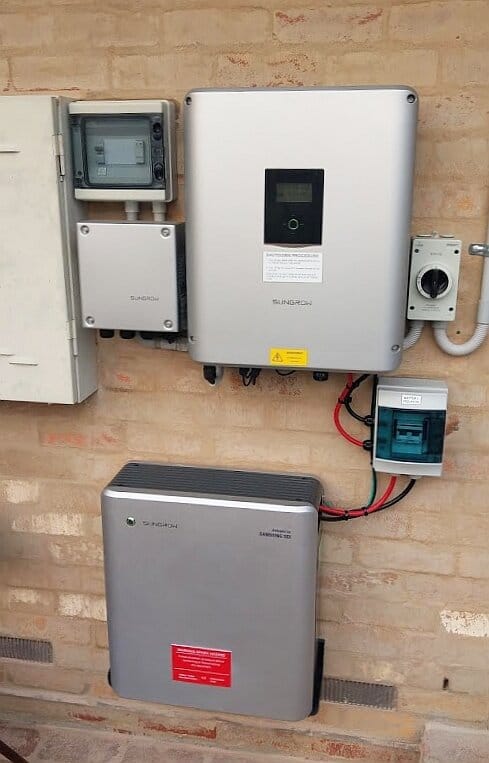
Power inverters are electronic device or circuitry that changes direct current (DC) to alternating current (AC).
There is an input voltage that goes into the inverter, output voltage and frequency, and overall power handling depend on the design of the specific device or circuitry.
A power inverter can be entirely electronic or may be a combination of mechanical effects (such as a rotary apparatus) and electronic circuitry. Static inverters do not use moving parts in the conversion process.
It is also easy to maintain and helps a person to be discipline on how to manage electricity.
Generators
Generator is a machine that provides electricity using petrol or diesel. It is one of the alternative sources of electricity popularly used in Nigeria. It is affordable too, although due to the fuel scarcity, running cost may be on the high side.


